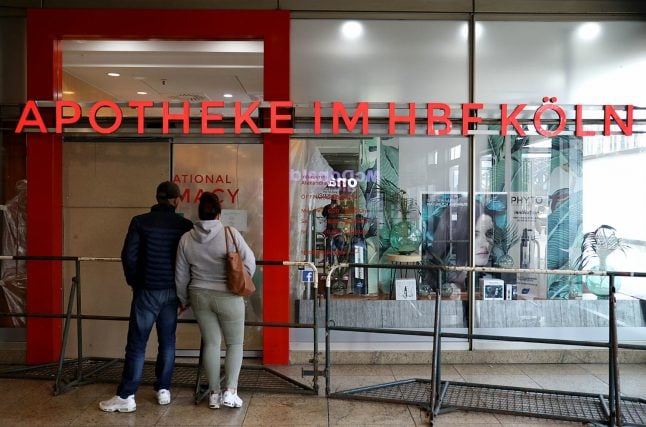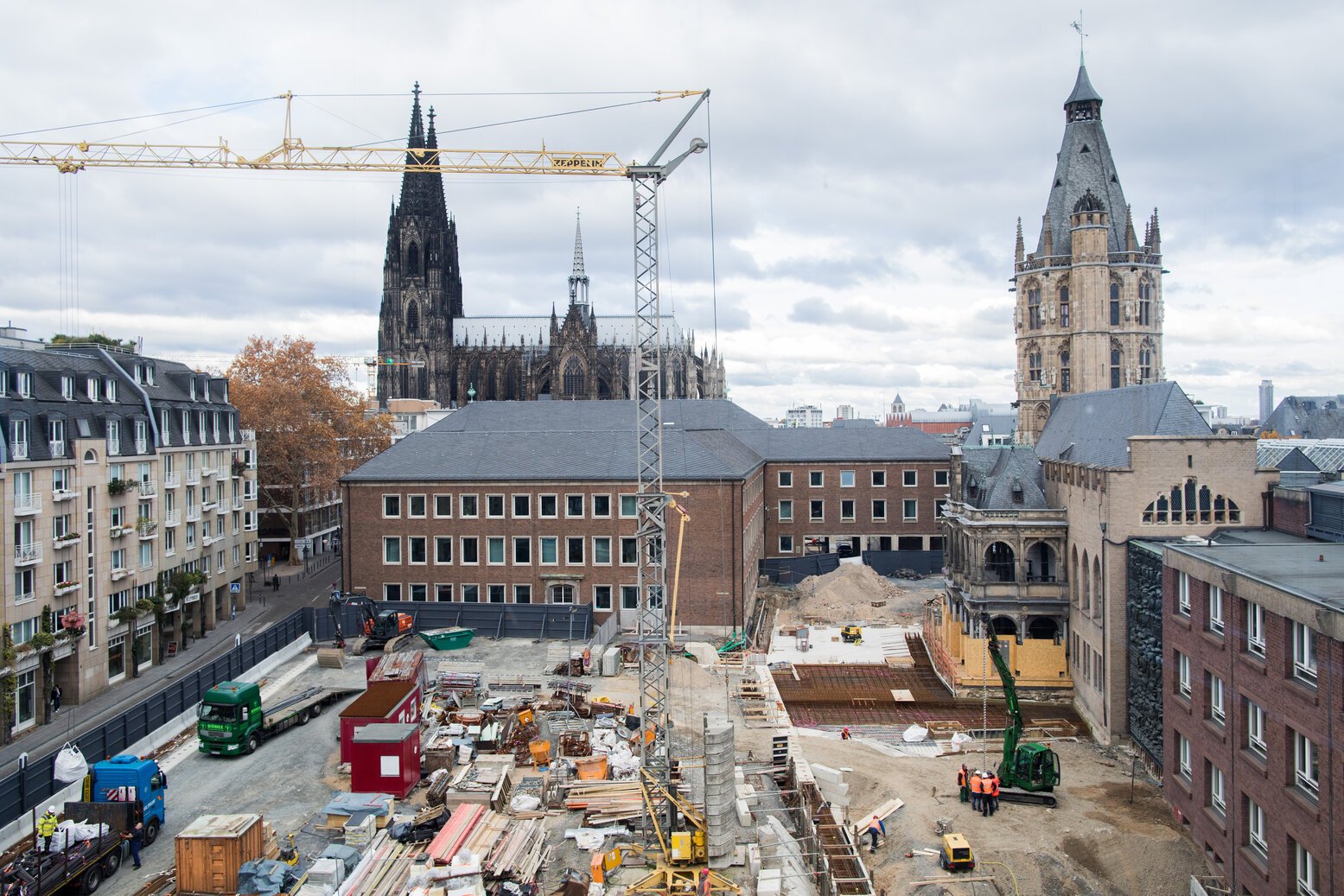Prosecutors found there were no indications that the perpetrator, a Syrian refugee, had been involved with the so-called Islamic State (IS), Zeit reported Friday.
The case has therefore been handed over to the Cologne public prosecutor's office.
The Attorney General’s Office had initially taken the investigation on because it was thought that the crime was an attack by an extremist, after witness statements appeared to show this.
The 55-year-old sparked panic at the busy train station on October 15th, after he started a fire in a branch of the fast food chain McDonald's that left a 14-year-old girl with burns.
He then took a female employee hostage in a nearby pharmacy. Heavily armed police opened fire on the 55-year-old suspect, who underwent emergency surgery.
SEE ALSO: Syrian in Cologne hostage drama had mental problems: Police
At the time the man was said to have called himself a member of IS.
“In the course of further investigations, however, the evidence pointing to a radical Islamist motive could not be substantiated,” the federal prosecutor's office announced Friday.
'Mental health problems'
German media reports detailed that the man had mental health problems and had been undergoing treatment since 2017.
He had tried to bring his wife to Germany, but the German authorities had rejected the visa application, reports said.
The man had previously been tried by the Cologne District Court for fraud, at which time the court had ordered a psychiatric expert opinion.
The man remains in hospital two months after the incident.



 Please whitelist us to continue reading.
Please whitelist us to continue reading.
Send him back.
Is it so hard to figure out?
So he’s just a run-of-the-mill goatfucker?